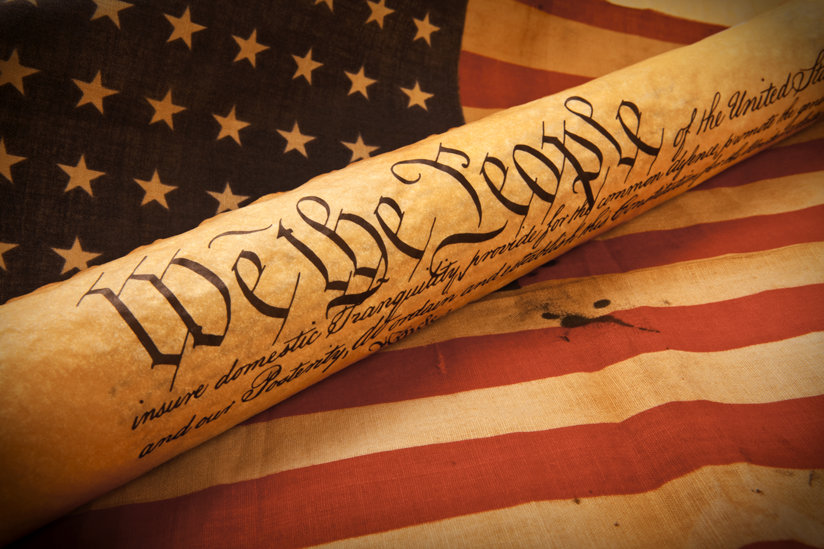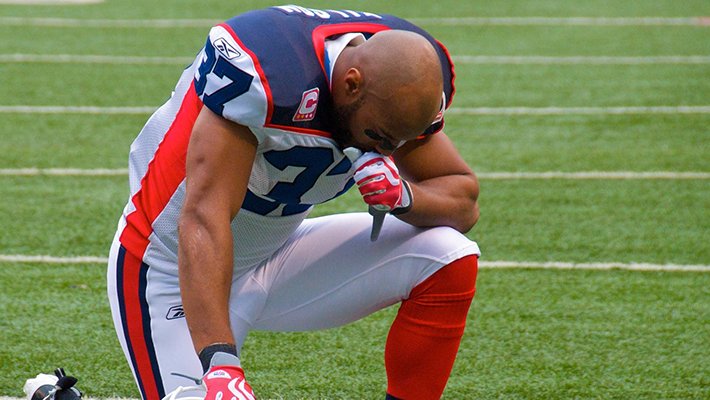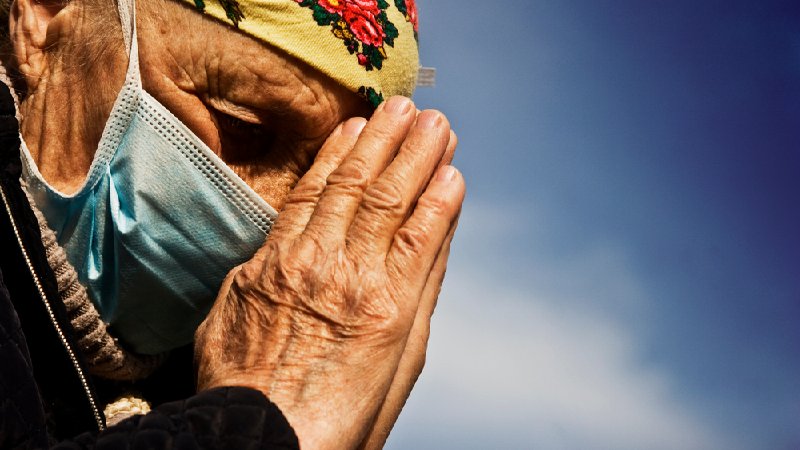
-
HOME
-
WHAT IS STANDOur Mission Our Values Our Help Contact
-
WHAT WE FIGHT FORReligious Freedom Religious Literacy Equality & Human Rights Inclusion & Respect Free Speech Responsible Journalism Corporate Accountability
-
RESOURCESExpert Studies Landmark Decisions White Papers FAQs David Miscavige Religious Freedom Resource Center Freedom of Religion & Human Rights Topic Index Priest-Penitent Privilege Islamophobia
-
HATE MONITORBiased Media Propagandists Hatemongers False Experts Hate Monitor Blog
-
NEWSROOMNews Media Watch Videos Blog
-
TAKE ACTIONCombat Hate & Discrimination Champion Freedom of Religion Demand Accountability
Honoring Constitution Day—What the First Amendment Means to an American Scientologist
September 17 is Constitution Day in the United States, acknowledging the signing of the document in Philadelphia by the Constitutional Convention in 1787 before it was sent to the states for ratification. Unlike the 4th of July, September 17 is not celebrated with fireworks, marching bands, picnics and hot-dog-eating contests. Instead, many civic and educational groups use the day to hold events and seminars to teach people about the meaning of the Constitution and how it shapes American life.

In keeping with the spirit of the day, I engaged in a bit of reflection on what the Constitution means to me personally. Certainly as a lifelong Scientologist, a religion that emerged in the 20th century, the promise of religious freedom, combined with the prohibition of any official state religion, stand out. Although the forward progress of Scientology has not been without challenges, I’ve personally observed the strong commitment of many Americans to the ideal of religious freedom which has helped it thrive.
One person who exemplified the spirit of the new nation when it came to religious freedom was George Washington who, in addition to being the first President of the United States, also presided over the Constitutional Convention. When he took office, he received the well wishes of many individuals and groups, including different churches. Some religionists had another reason for writing—they wanted to know if the new government would respect their rights.
Washington’s answers were unequivocal. Probably the most famous of his letters was his response to the congregants of the Touro Synagogue in Rhode Island in which he proclaimed, “All possess alike liberty of conscience and immunities of citizenship. It is now no more that toleration is spoken of, as if it was by the indulgence of one class of people, that another enjoyed the exercise of their inherent natural rights. For happily the Government of the United States, which gives to bigotry no sanction, to persecution no assistance requires only that they who live under its protection should demean themselves as good citizens, in giving it on all occasions their effectual support.” Similarly, to the United Baptist Churches of Virginia he wrote that “no one would be more zealous than myself to establish effectual barriers against the horrors of spiritual tyranny, and every species of religious persecution…”
“All possess alike liberty of conscience and immunities of citizenship. It is now no more that toleration is spoken of, as if it was by the indulgence of one class of people, that another enjoyed the exercise of their inherent natural rights.”
There are 18 known letters which can be found here. Jews and Baptists endured considerable discrimination in the colonial era as did Roman Catholics and Quakers, to whom Washington also wrote. Washington’s letters, which have been much-quoted over the years, set an enduring example. The letters were mostly written in 1789 and 1790, over a year before the Bill of Rights with its First Amendment guarantees of the right to free exercise and prohibition of establishment were added to the Constitution.
Washington clearly believed that the original Constitution already created a mandate to make religious freedom the policy of the new nation because it did not impose any official religion and barred a test of religious beliefs as a qualification for federal office. He responded to the objections of a group of Presbyterian ministers to the lack of mention of God and Jesus Christ in the Constitution by replying that, “the path of true piety is so plain as to require but little political direction.”
The Constitution’s commitment to religious freedom was made more explicit by the addition of the First Amendment in 1791. Yet for any new government or organization there will always be the question of whether its actions and being will reflect the principles it adopts or whether its founding documents will simply be words on a page. The actions of Washington and many others in positions of leadership and as everyday citizens helped to ensure that the United States’ commitment to religious freedom was real.
That isn’t to say that religious groups have always found it smooth sailing. Bigotry, intolerance and misunderstanding did not vanish from the world because the United States and other countries made human rights part of their laws. New religions as well as those already established have often had to battle to be allowed to practice freely. But there was a marked difference between the past when divergence from the official beliefs of the state were often met with gruesome tortures, imprisonment and suppression of the rights of minorities to exist.
The Constitution and the people who brought it to life, such as President Washington, created for all of us “liberty of conscience.”









